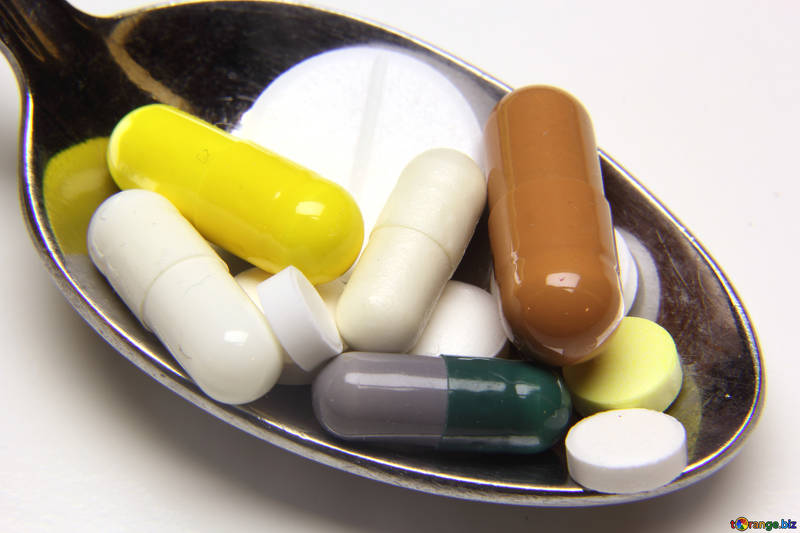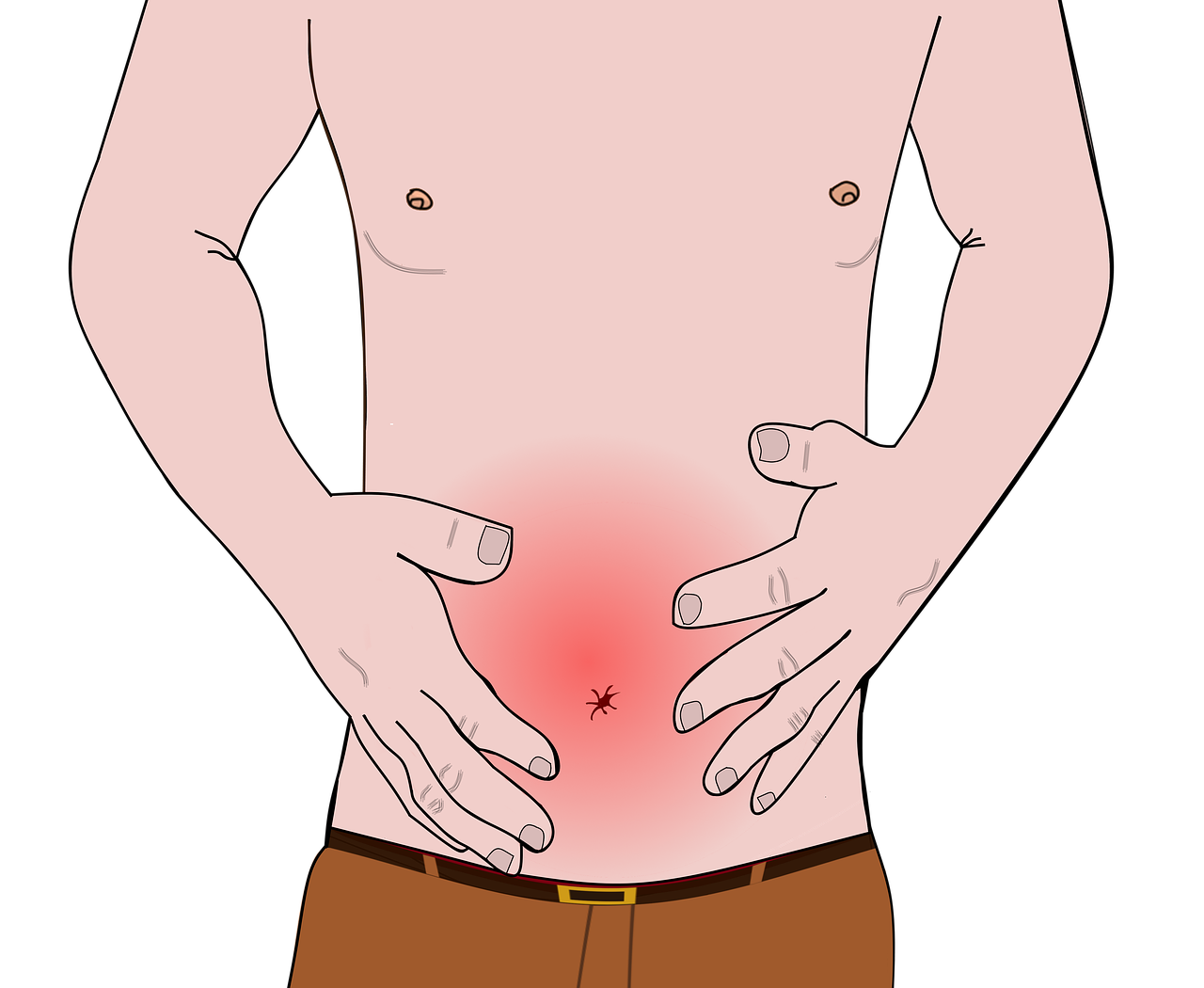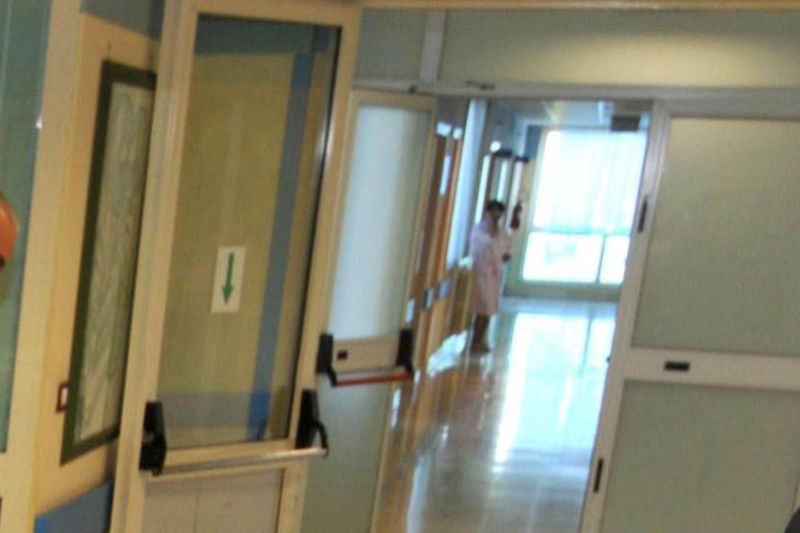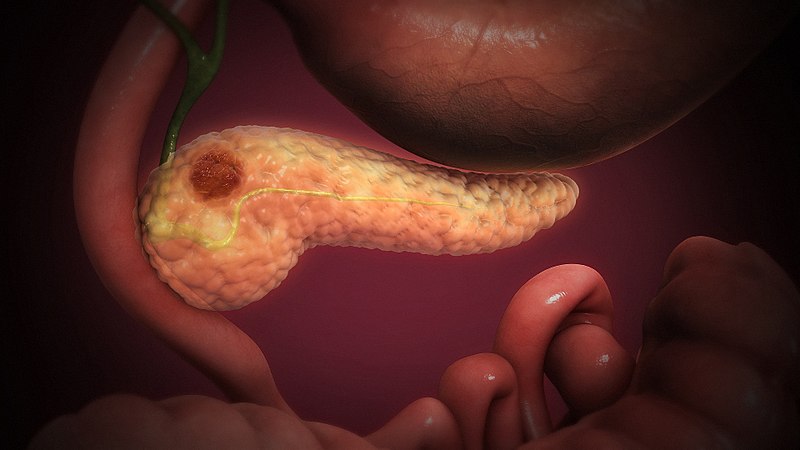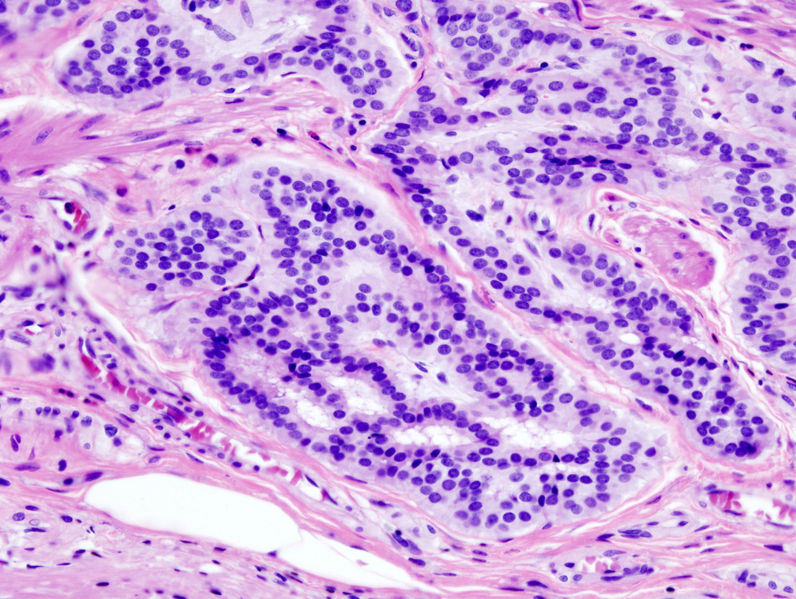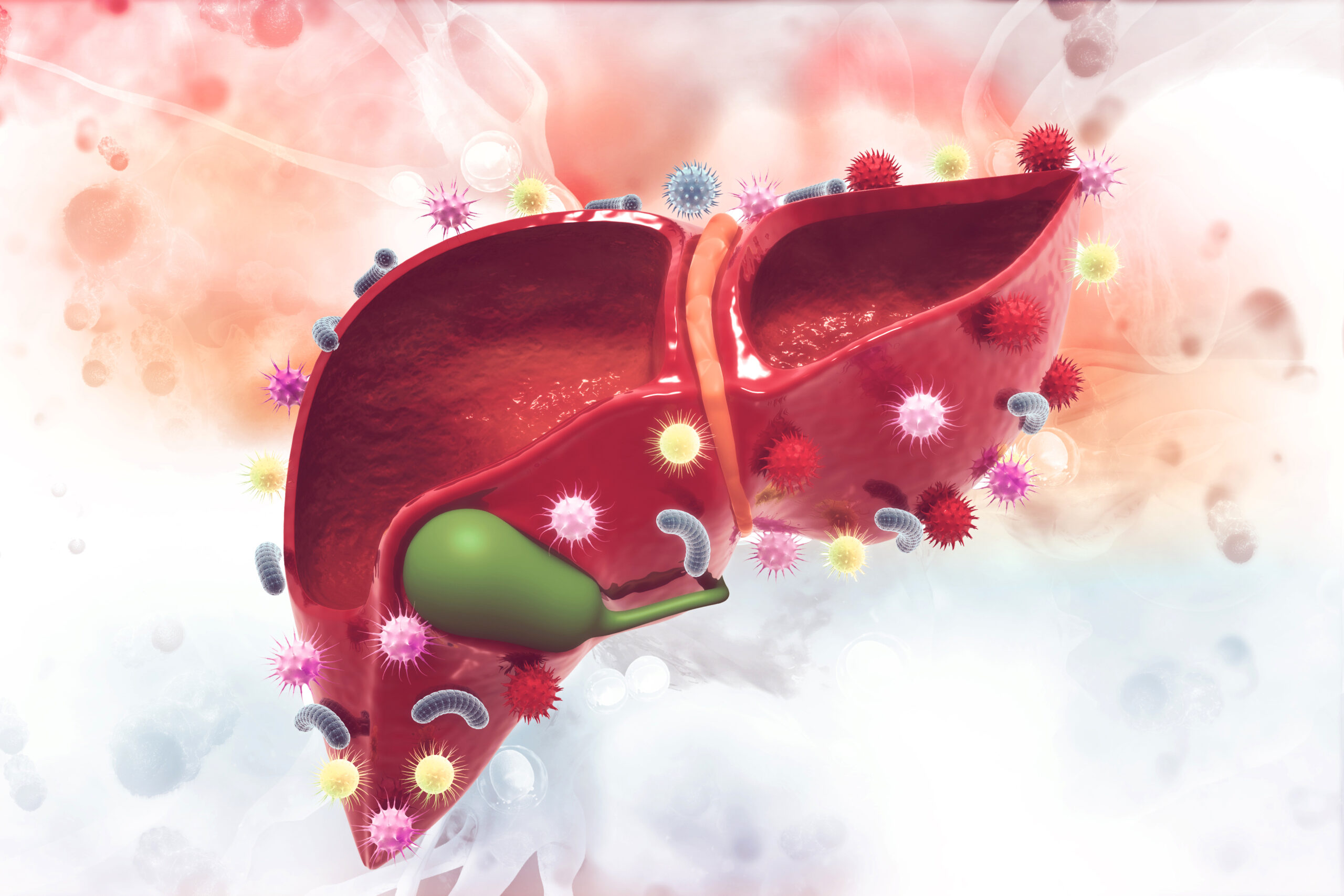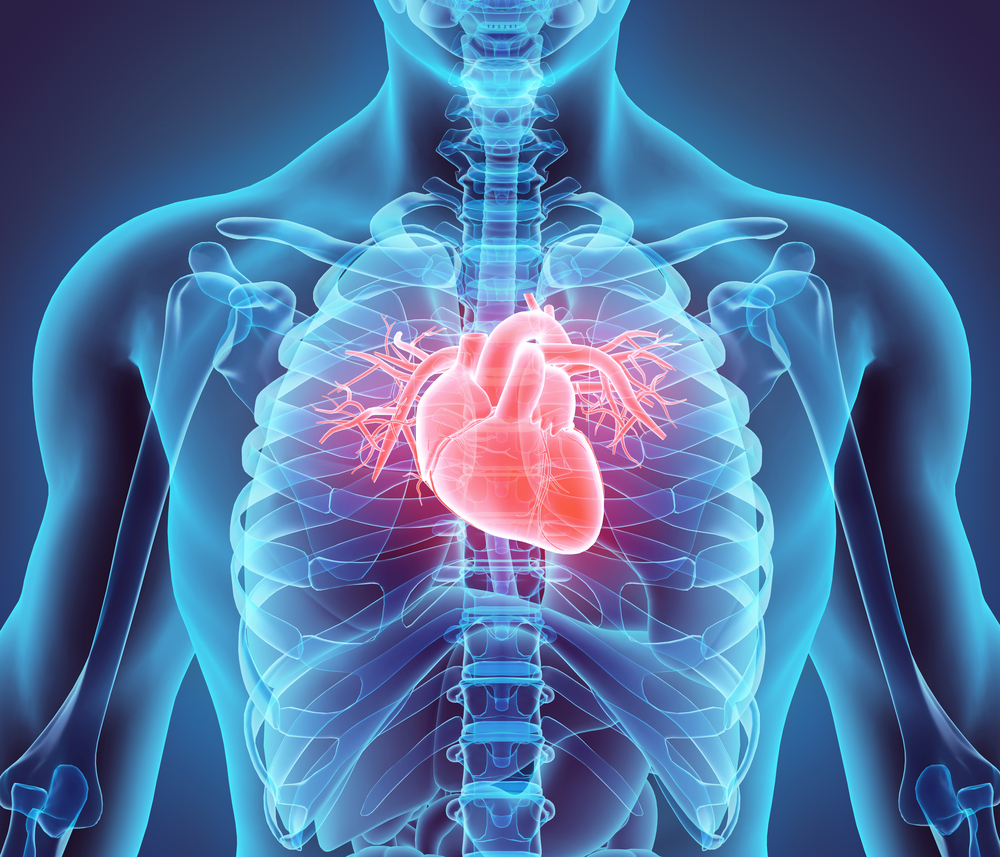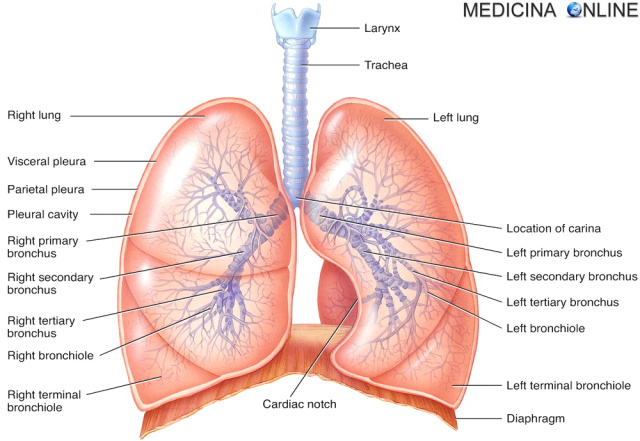The most common type of poisoning is from aspirin, a drug that contains acetylsalicylic acid. Aspirin tablets are very popular among adults intent on poisoning. In the body, salicylates exert complex actions on the breath centers, electrolyte balance, metabolism and stimulation of certain brain structures.
Signs and symptoms
With an overdose during therapy, the toxic effects tend to occur slowly. Even if the patient remains vigilant complains deafness, blurred vision, ataxia and also often shows tremor and irritability. Subsequently, the patient enters hyperventilation and the dehydration can be a sequela.
Diagnosis and treatment
The presence of a very nuanced symptomatology should not reassure, as in a short time it is possible for a serious deterioration of the condition to occur, especially in children. Once the diagnosis is clear, it is important that any kind of imbalance be corrected. An attempt can, therefore, be made to empty the stomach: with children, induction of vomiting can be used, while in adults, gastric lavage is best. It is also necessary to monitor the lungs to prevent the onset of pulmonary edema. Should renal failure occur, hemodialysis is mandatory.
Source: Vadecum of poisoning therapy by Roy Goulding



